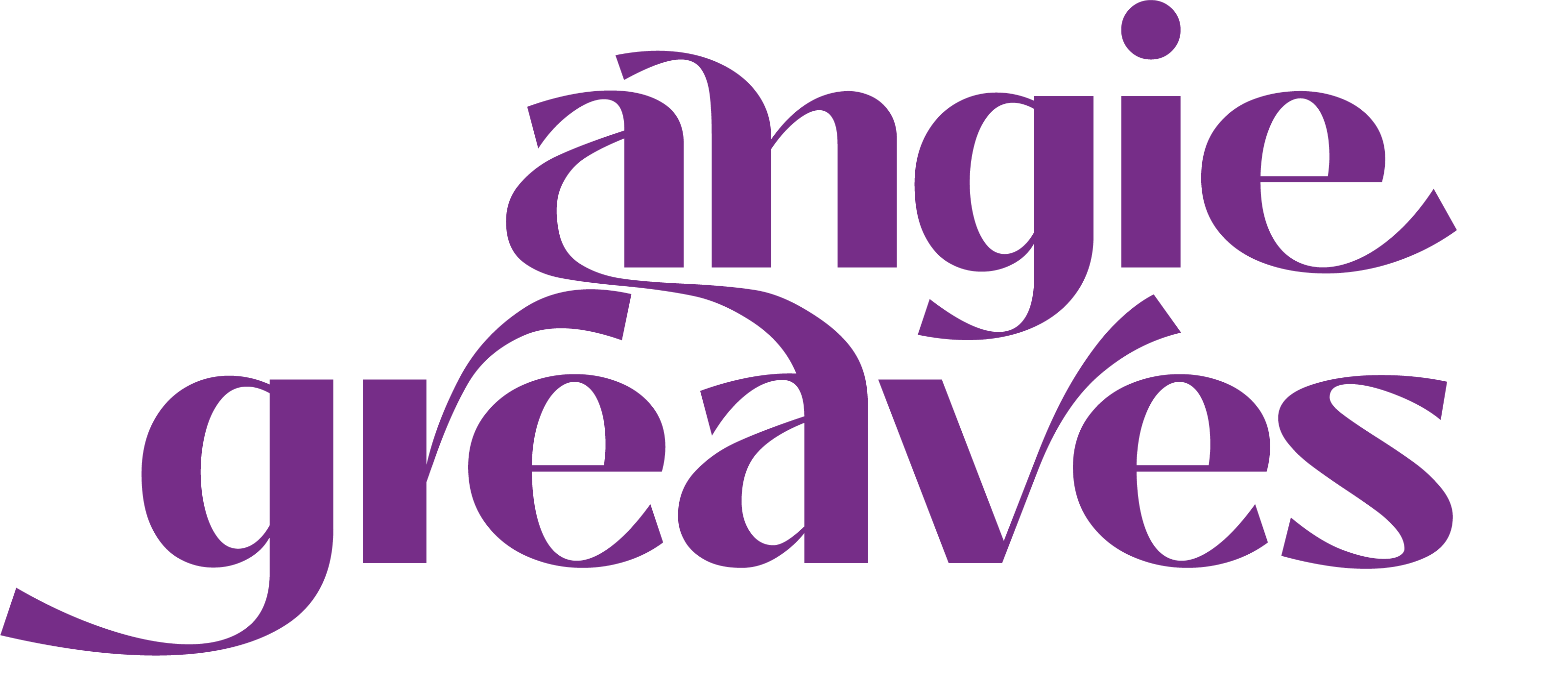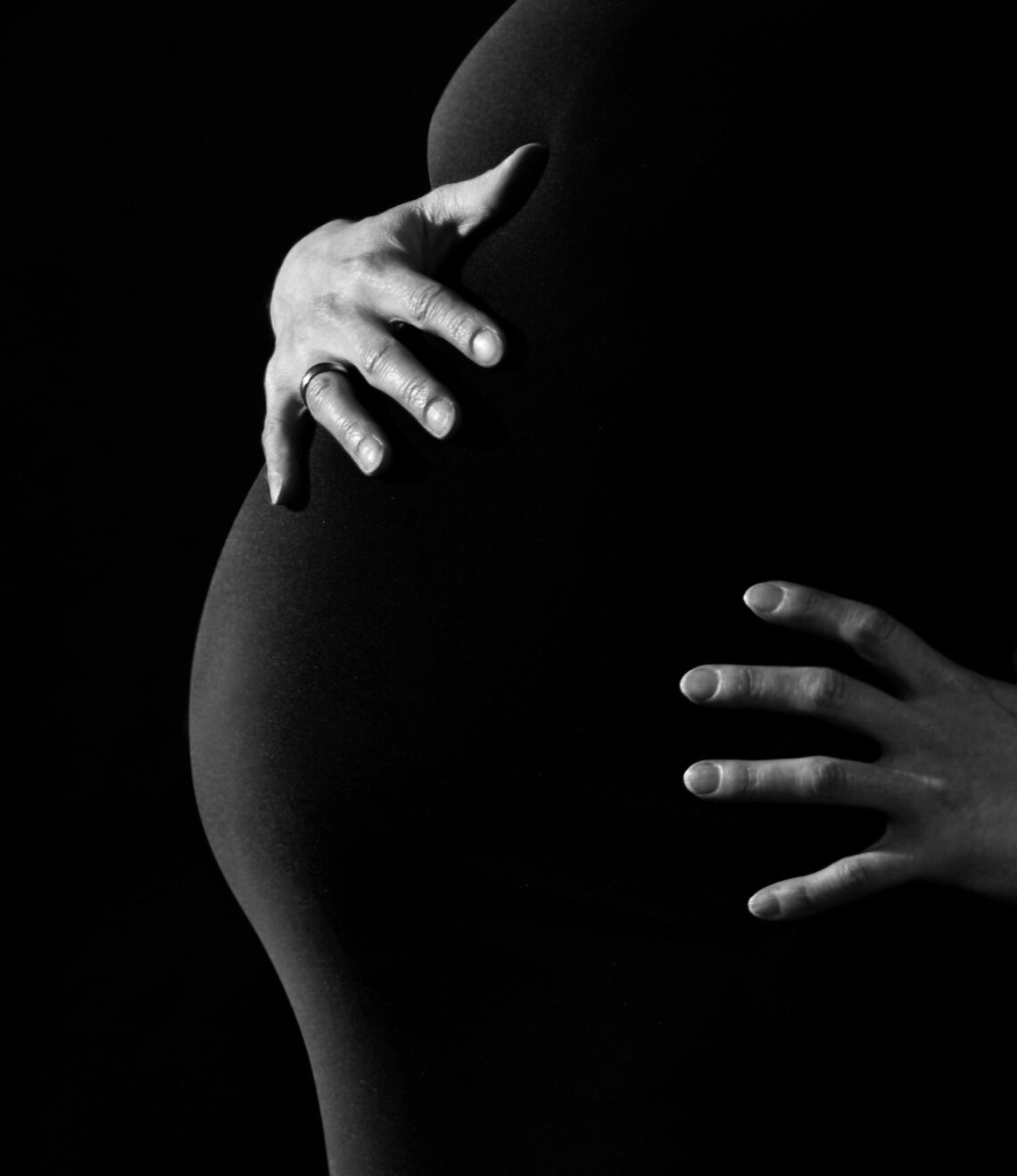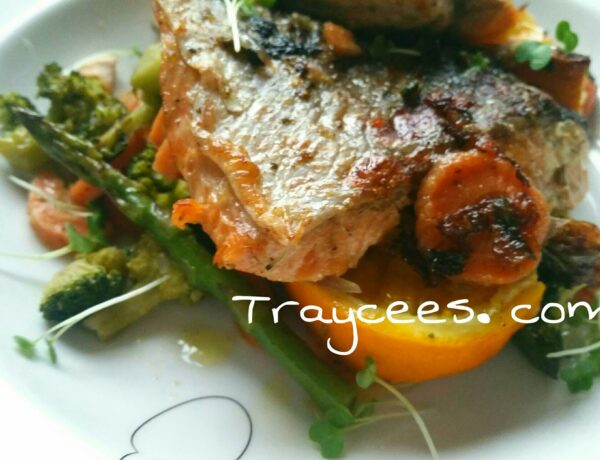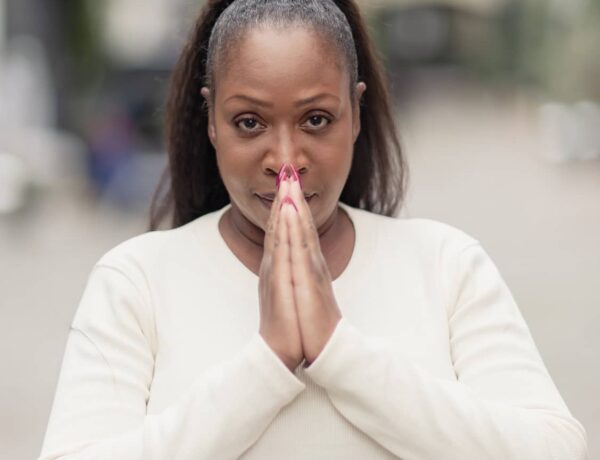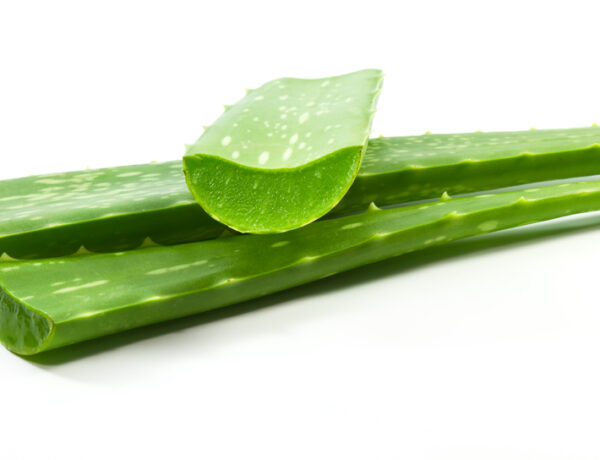This week sees the beginning of Maternal Mental Health Week. Let’s cut straight to the chase, I know the politically correct term is Post Natal/Post Partum Depression but let’s just tackle this huge subject: Maternal Mental Health.
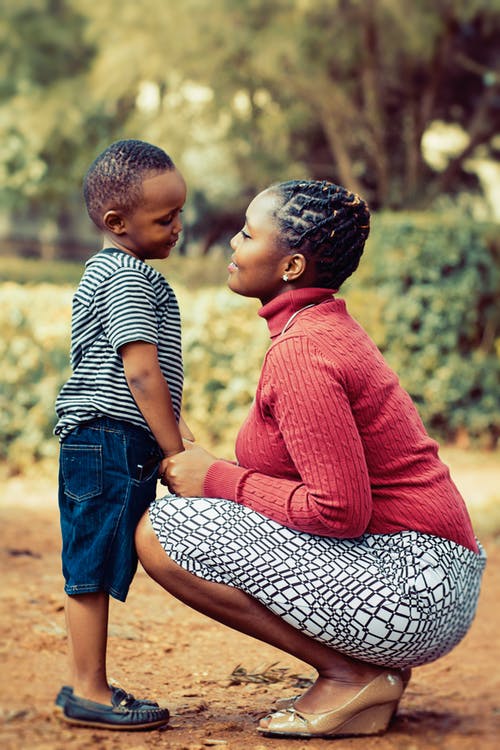
The hormonal state that women go through after giving birth, can be mild, but it can also be quite severe. So mums, do you remember how you felt after giving birth? Wasn’t it the most beautiful feeling? Your gorgeous 8lbs of bouncing beauty, snuggled warmly in your chest, the aroma of a newborn baby is indescribable. You go home and baby sleeps soundly in their Moses Basket as you just stare and this miracle that made its way through your birth canal. All is well, all is complete, all is calm and you feel fabulous, exhilarated and like Superwoman.
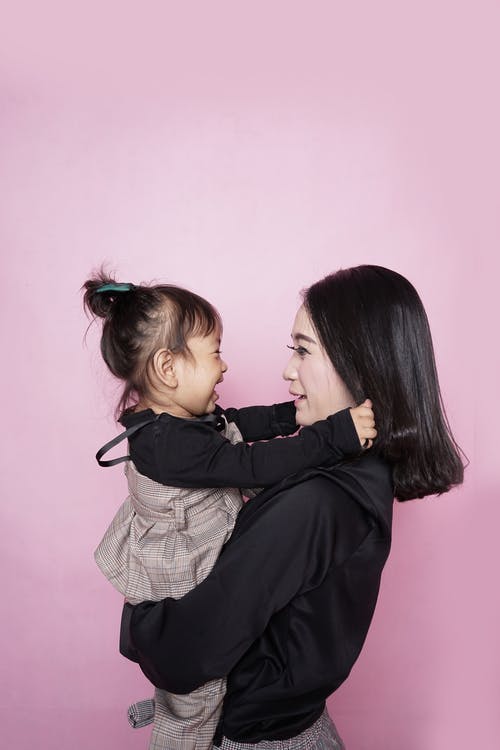
Then 7 days later BAM… this huge, dark cloud rains down on you. It’s hard to describe, you can’t quite put it into words, you try and explain how you’re feeling now that you’ve come down off the birthing ‘high’ and the hormones have settled, but the words just won’t come out. Recognise this experience?
The 2019 theme for MMH Week is #MakingOverMotherhood
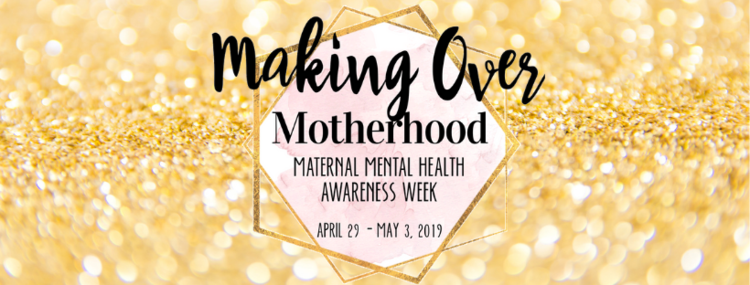
In a number of countries, as many as 1 in 5 new mothers experiences some type of perinatal mood and anxiety disorder (PMADs). These illnesses frequently go unnoticed and untreated, often with tragic and long-term consequences to both mother and child.
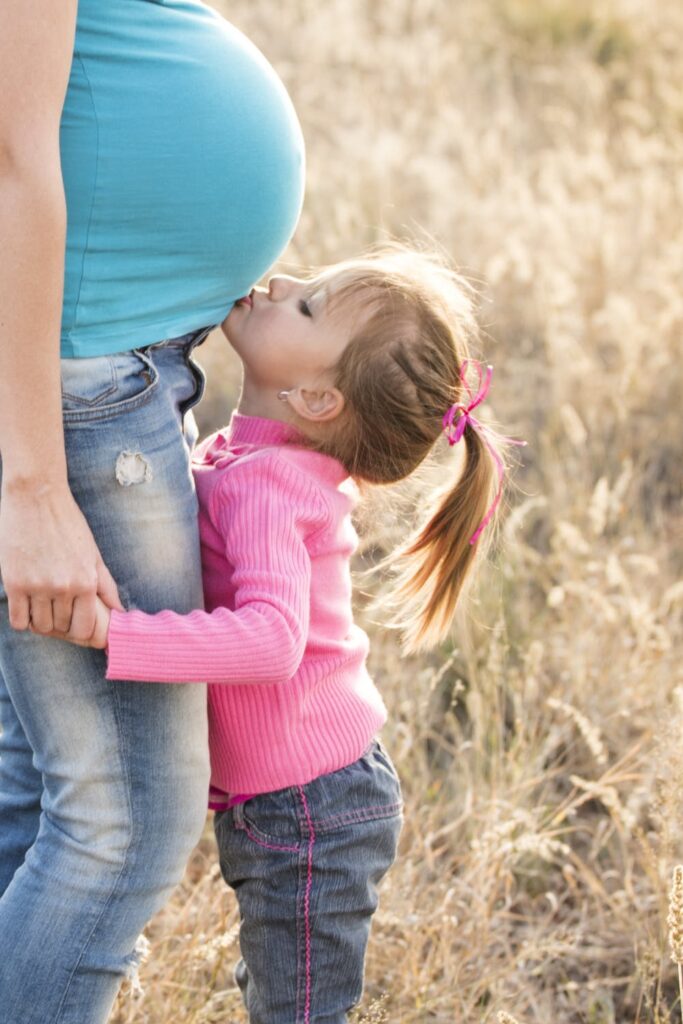
Women of every culture, age, income level and race can develop perinatal mood and anxiety disorders. Symptoms can appear any time during pregnancy and the first 12 months after childbirth. There are effective and well-researched treatment options available to help women recover.

Symptoms differ for everyone but may include:
- Many worries and panic attacks
- Feelings of sadness, fear, anger and guilt
- Possible thoughts of harming the baby or oneself
- Lack of interest in the baby
- Appetite & Sleep Disturbance
- Difficulty concentrating and making decisions
Women are sometimes considered to be criminals instead of patients needing treatment, in the case of infanticide. Through building awareness, it aims to prevent these tragedies and stands for just and scientifically based care.
Increasing awareness will drive social change with a goal toward improving the quality of care for women experiencing all types of PMADs, and reducing the stigma of maternal mental illness. Mental health professionals, friends and relatives of new mums are being encouraged to ask mums how they are ‘really’ feeling and find out whether they need to seek help.

Where can you get help?
Action on Postpartum Psychosis (APP) is an excellent charity that specifically supports mothers (and families) experiencing postpartum psychosis. On their website, there are support and information services, links to research, and access to a secondary referral (psychiatry) service. The ‘PP Talk Forum‘ is a unique opportunity to seek help, advice and to share experiences. APP also provides links to peer support services (by linking with others who have had similar experiences).
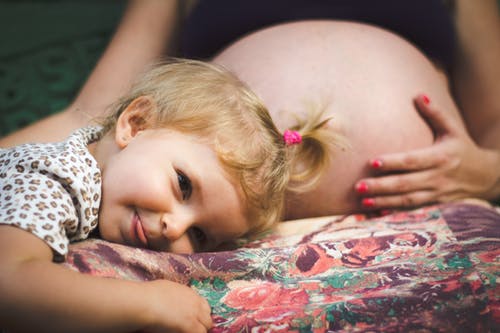
The Maternal OCD charity has some great resources and access to support, including this excellent short film. Also, OCD-UK have produced some excellent information about perinatal OCD.
Make Birth Better website has information, resources, and support. Make Birth Better is a unique collective of parents and professionals dedicated to
reducing the life-changing impact of birth trauma.
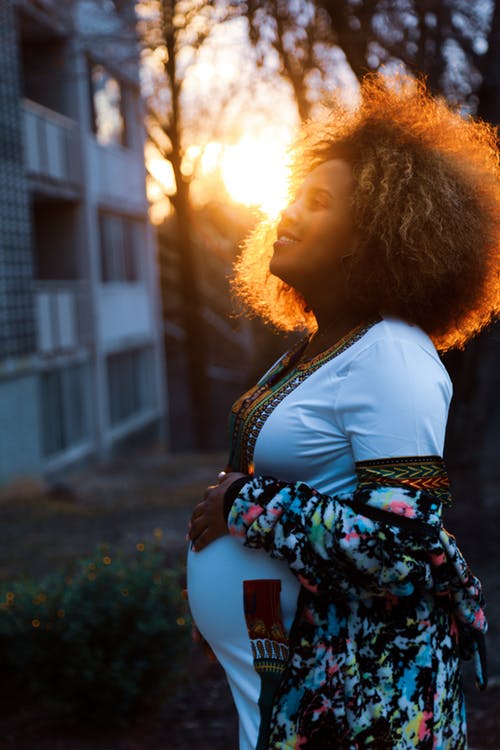
Other local support groups I found on the Netmums website:
Bluebell (Bristol)
The Smile Group (Cheshire)
Juno (Edinburgh)
PSS PND (Liverpool)
Cocoon Family Support (London)
Together let’s change the image of what motherhood looks like… let’s stop expecting mums to be perfect without support! A whole new human being has emerged from your body. There’s no rules and there’s no rule book coaching you on how to take responsibility for this new life. A complete person and their personality is in your hands, and if you’re not prepared or confident in yourself that thought could be overwhelming, it’s huge, it’s scary. This is serious business because children mirror you and they learn what they live. Are you yourself ready to take on the fullness of the role of motherhood? Is your own relationship a good, positive and stable platform for your child/children to feel secure? These were just a few of the personal thoughts that spiralled around my own mind when I had Morggan (who’s nearly 21) and I can still hear those thoughts loudly as if I gave birth yesterday. My own mother probably had the same thoughts when she had me, but her generation ‘just got on with it’ and ‘pulled themselves together’. They ignored the emotional crisis they were going through, they ignored the emotional volcano that was about to erupt, they pushed those emotions down – somewhere! When my mum asked me what was wrong I couldn’t put it into words but I knew I wasn’t prepared to accept that this beautiful baby – and she was and is gorgeous – with her thick curly hair, was a reason to pull myself together. I needed to be emotionally strong and ready to take on the task of being a positive role model from day one. I didn’t need anything else to eat, I needed assurance that I was OK and was going to be OK, I needed to be assured that the feelings I was experiencing were normal and I wasn’t alone.
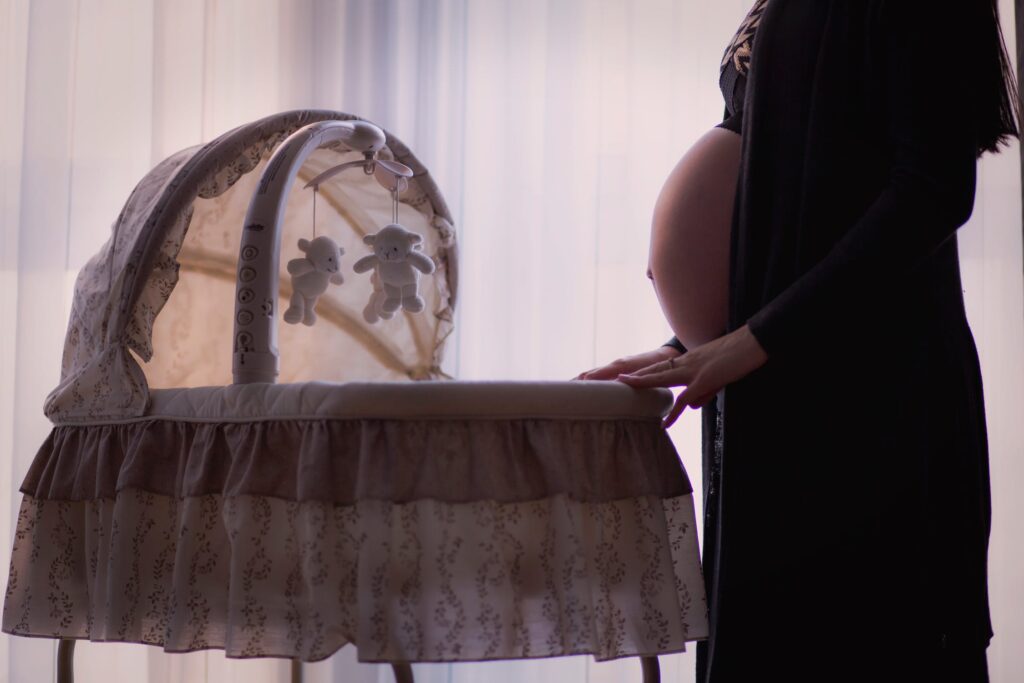
I am so pleased that through social media we are more open to talk about delicate subjects. So … did you have scary thoughts not long after giving? Did those thoughts affect your mental health and emotional state? Were you unconsciously forced into ‘motherhood overdrive’? I would really love to discuss this – join the conversation on Facebook, Twitter, and Instagram.
